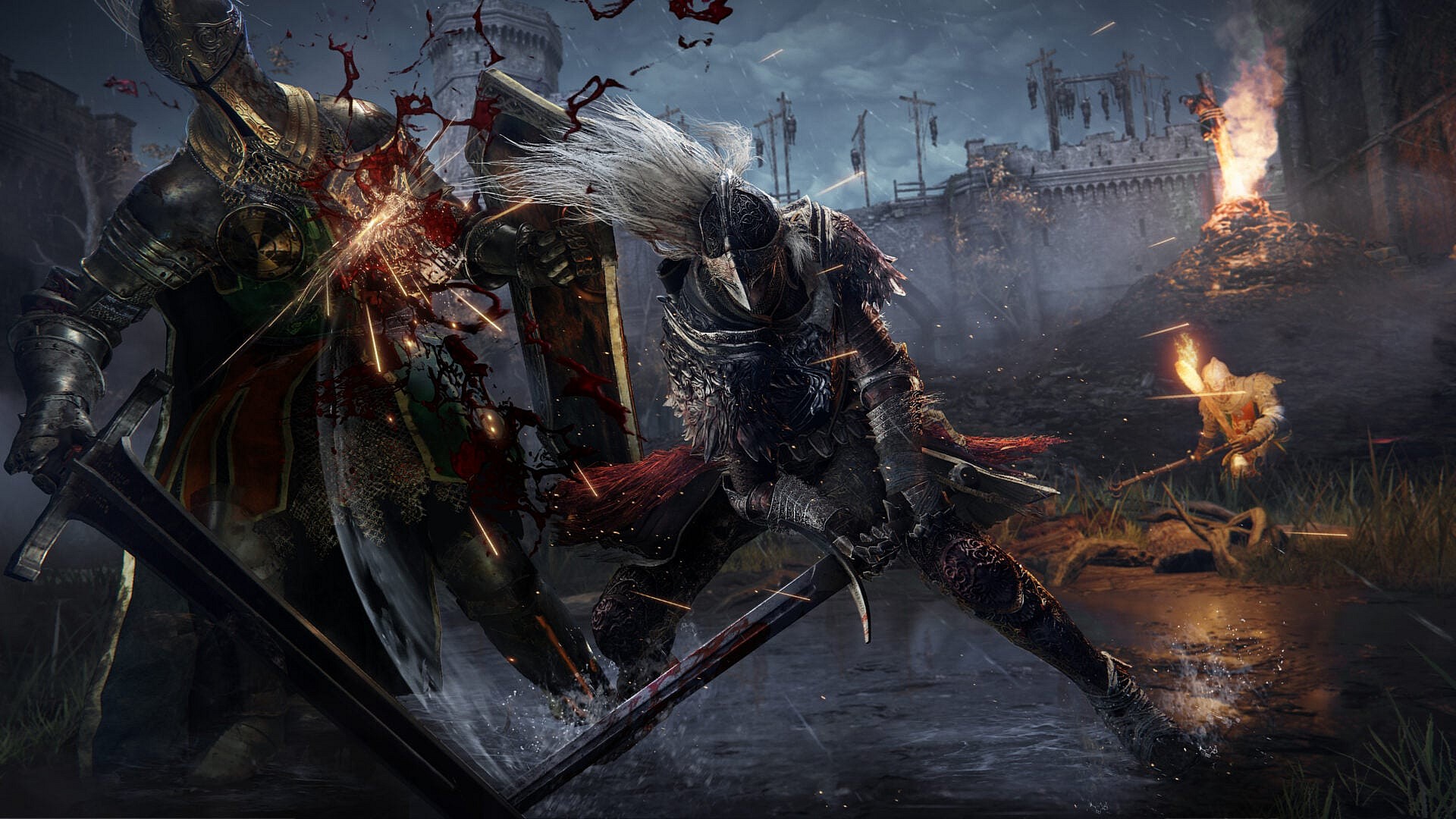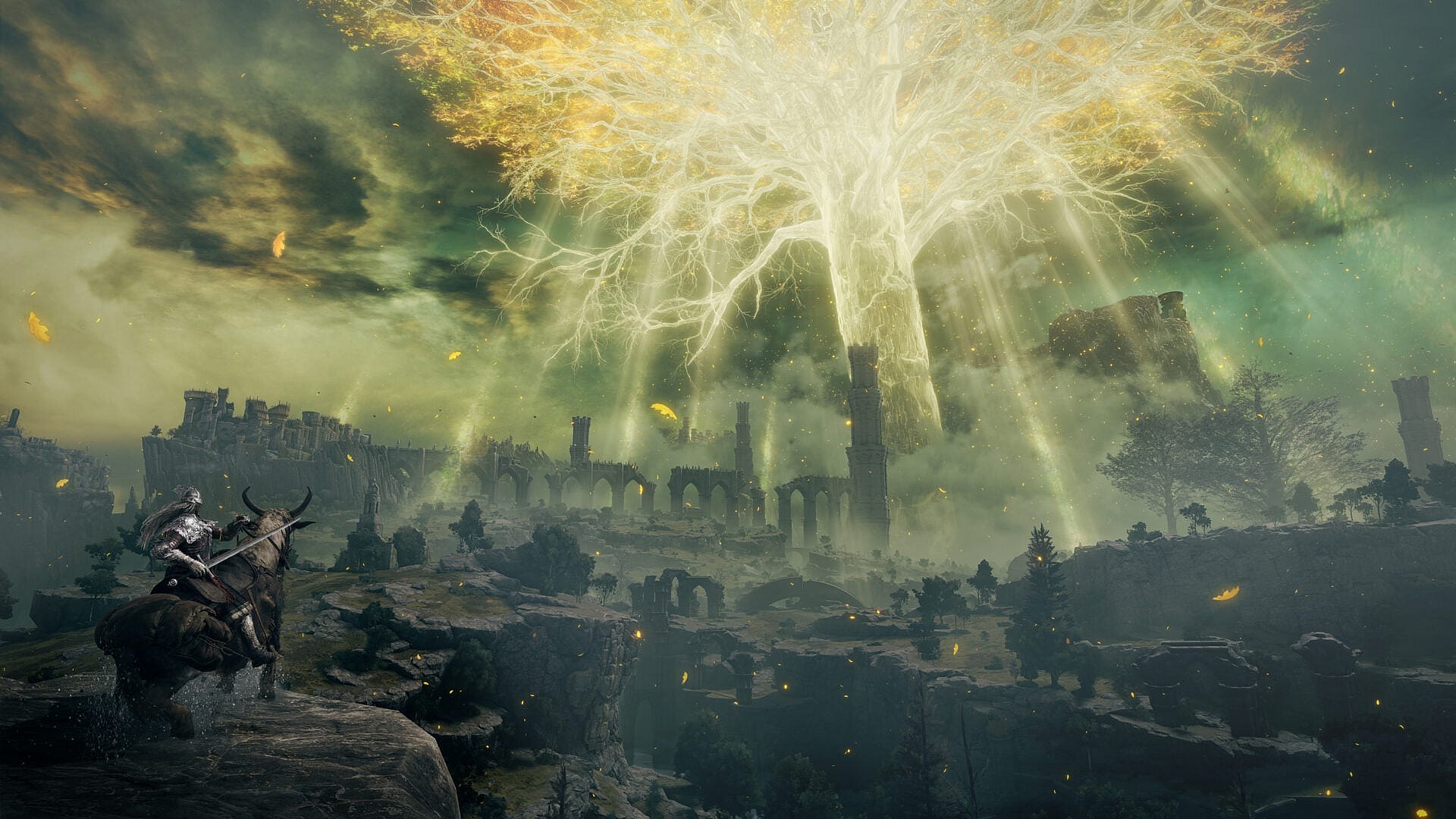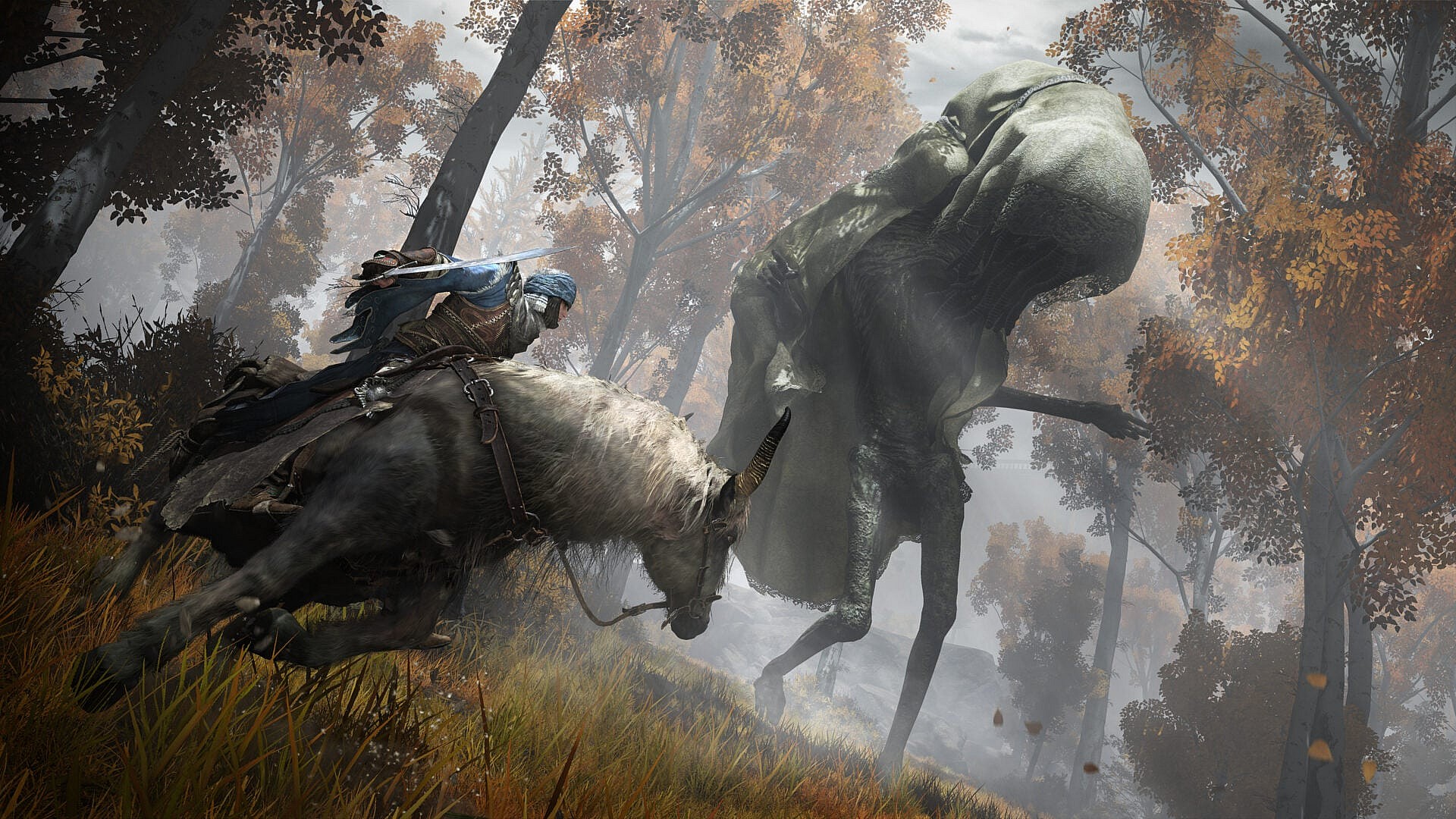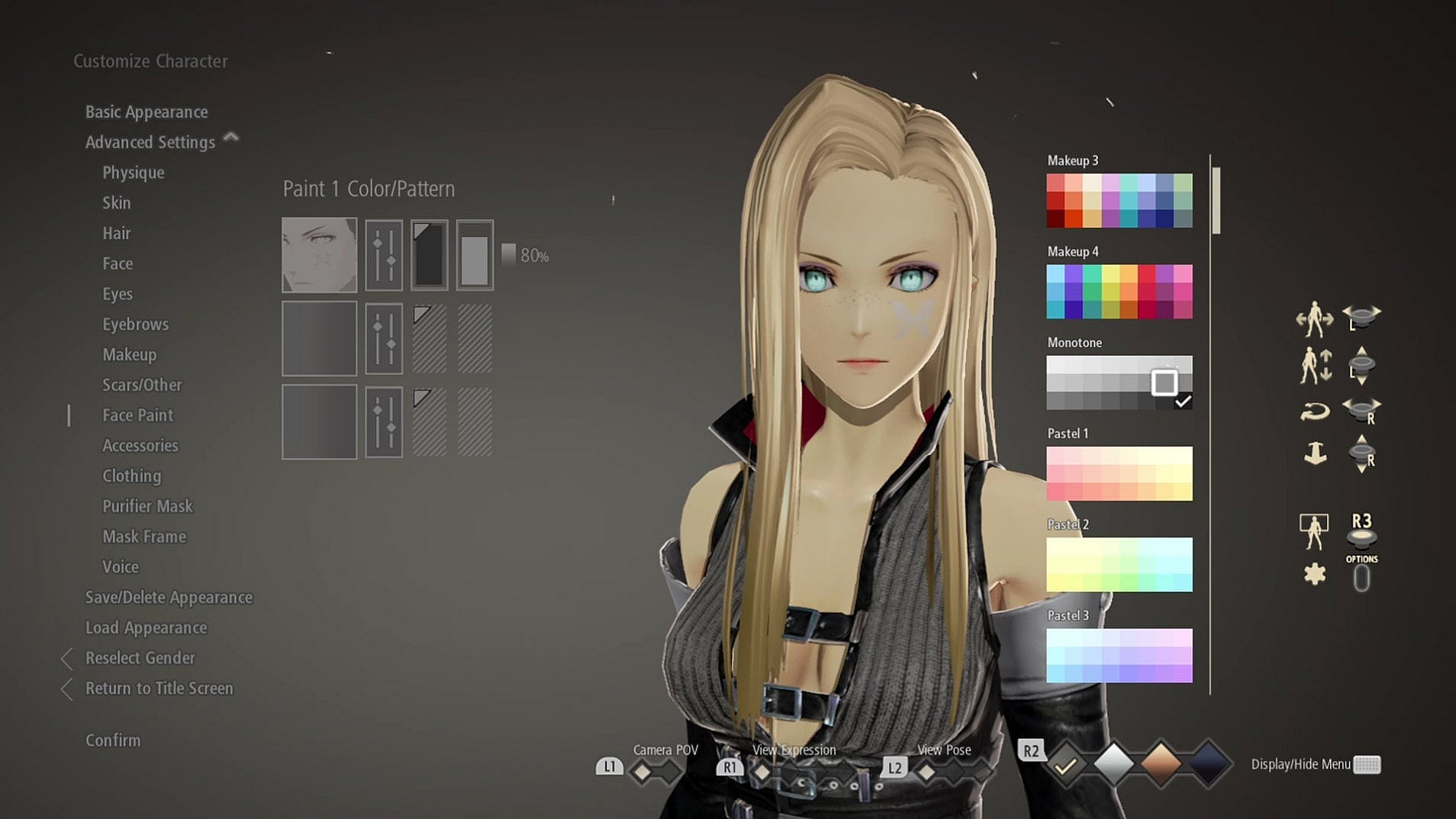The Verge’s Ash Parrish Claims Elden Ring’s Lack Of Black Hair Options “Fails Its Black Players” And “Reinforces A Culture of Exclusion”

According to The Verge’s Ash Parrish, the lack of “kinky hair options” in Elden Ring’s character creator not only “fails” its black player base, but in her view, “reinforces a culture of exclusion already endemic to video games.”

Parrish expressed her issue with the game’s avatar customization on February 25th, publishing an article to The Verge headlined “Elden Ring’s character creator fails Black players” in which she decried how the system “allows for an unprecedented level of control of every minute detail of facial feature but only has one kinky hair option […] an afro — and an ugly one at that.”
“There will likely be the temptation to think this omission doesn’t matter for any number of reasons,” she continued, before offering up a self-defeating note about the nature of the game’s equipment system. “But the Elden Ring subreddit already has multiple threads of players showing off their creations, excited by how good or funny they look, fully aware that all that hard work is going to get covered by a helmet.”

Recounting to readers how her frustration stems from how “playing with a character creator is one of my favorite forms of expression,” as she uses them “as a kind of blank canvas with which I can test new hairstyles and makeup colors that I could then use on my real flesh,” Parrish then lamented how “character creators are also a place in which I am uniquely made aware of my race.”
“Make no mistake, America delights in reminding me daily that I am a Black woman and that it, through the systems that spawned and continue to define it, utterly hates me and other marginalized people,” she unsurprisingly accused. “Character creators contribute to that weird feeling of awareness of one’s ‘difference’ through the options its developers deem worthy of inclusion. Hair is one of those options.”

RELATED: Video Game Journalists Accuse Horizon Forbidden West Of Native American Cultural Appropriation
“Nothing makes me feel more different than when a game fails to include at least some kinky hairstyles,” she further argued. “A game will, as Elden Ring does, have over 20 different styles of straight hair, accounting for different lengths, styles of curl, parts, braids, even the complete absence of hair. But will it not include a type that an entire continent of people have? That math is not mathing.”
“Elden Ring’s hair omission is glaring within its own system,” Parrish added. “How is it that I, through the prolific number of sliders and color wheels, can create the proudest-looking, Negro nose with Jackson 5 nostril-having character who ever walked the Lands Between, but I can’t give her baby hairs to match?”

However, even though Parrish frames Elden Ring’s character creator as offering an expansive set of options for straight hair, it should be noted that the game only offers 27 different hair styles shared across both genders.
For example, women with short hair have only two real options (three if a true bowl cut counts in their favor), long-haired men are privy to only four hairstyles, all messy, and there are zero options for ponytails outside of a French braid – there’s not even an option for a lobotomy cut, despite its current popularity.
Thus, in truth, the game is not only devoid of black hairstyles, but hairstyles in general.

The writer further asserted that “this isn’t just an Elden Ring problem; it’s a video game problem,” before disingenuously dismissing the multitude of Asian-based character creators seen in such popular Japanese titles as Code Vein or Final Fantasy XIV to argue that that “games with a customizable protagonist are nearly always represented with a white-passing avatar.”
“And when games do include Black hairstyles, it’s almost always only a fade and an afro, which are the go-to styles whenever a character creator wants to give the appearance of inclusivity while not actually being all that inclusive,” she said, before offering up the Mass Effect series as an example of a prominent offender – another dishonest argument, as the last game in the series that allowed character customization came out in 2017, just slightly before the ‘need for representation’ became the official media dogma.

Parrish ultimately explained that while “not having a diverse number of hairstyles ultimately doesn’t diminish my experience with Elden Ring,” she just could not understand “how a game, after numerous, numerous calls for greater diversity and developers acknowledging its Black community members through Black Lives Matter posts and well wishes during Black History Month, can still fail to account for Black players.”
“It’s certainly a choice in the year 2022, one that unfortunately reinforces a culture of exclusion already endemic to video games,” she concluded.

What do you make of Parrish’s accusations against Elden Ring’s character creator? Let us know your thoughts on social media or in the comments down below!
NEXT: Bandai Namco Says They’re Working To Fix Elden Ring Performance Issues
